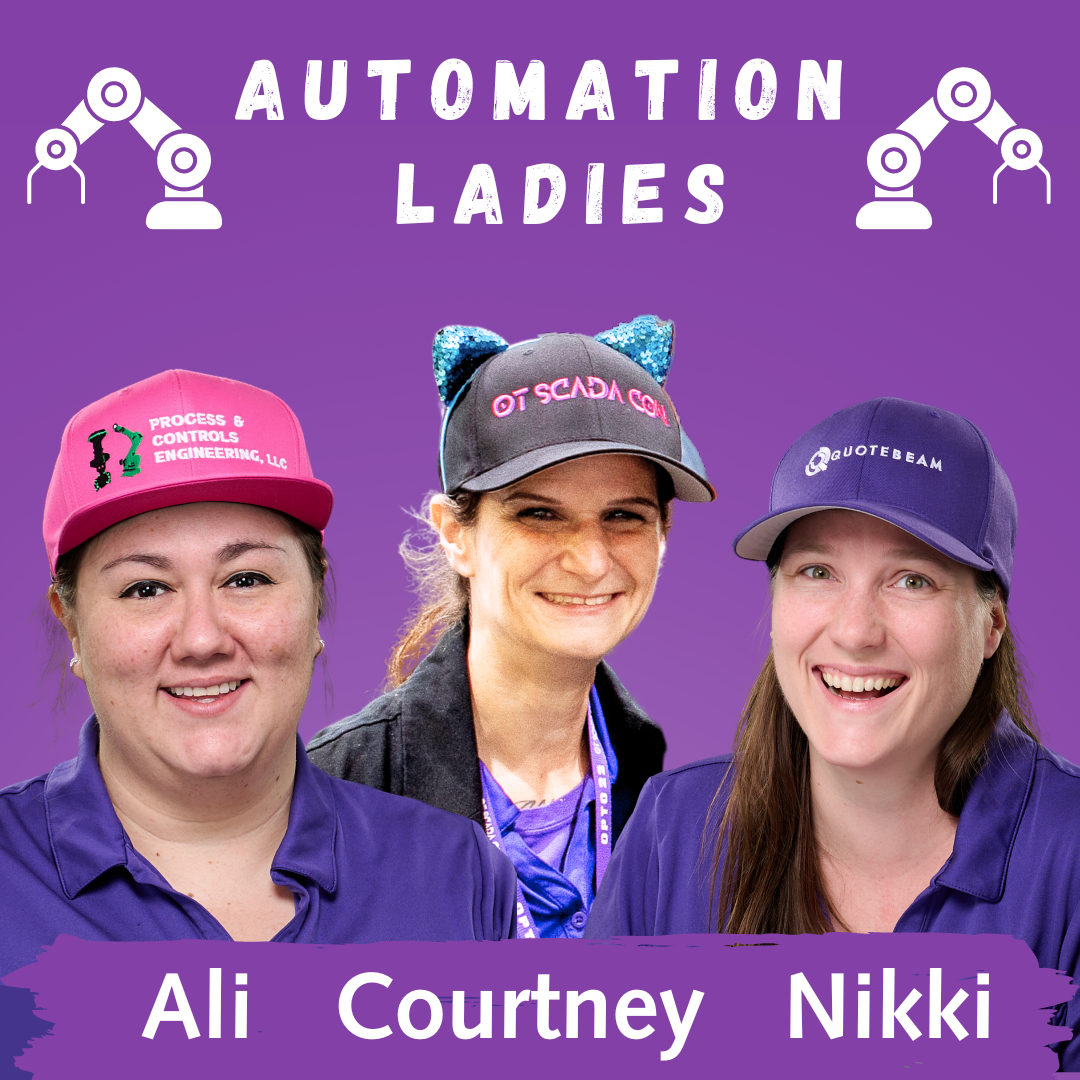Host Allen Xu takes us on a journey into the manufacturing challenges faced by small to medium-sized enterprises in the medtech and biotech sectors. In this episode, they delve into Lencioni’s Ideal Team Player framework, Fry and Morris’s Trust Triangle, and practical steps to connect teams. Discover actionable insights designed to empower production and startup operators alike.
Applying Lencioni’s Ideal Team Player Framework
Allen discusses Patrick Lencioni’s Ideal Team Player model, spotlighting the virtues of being humble, hungry, and smart. He emphasizes these attributes as foundational for any team member within a medical device startup. Allen notes, “Patrick Lencioni looks for 3 attributes in an ideal team player. They're humble, they're hungry, and they're smart.” These elements foster stronger teamwork and efficiency, which can subsequently lead to high performance and innovation.
Humble team members prioritize the group over themselves, while hungry individuals are motivationally relentless. Being smart in this context means possessing interpersonal skills and situational awareness. Allen points out that the blend of these qualities can be the key to a harmonious and efficient team. Missing any one of these virtues can lead to challenges, such as being seen as a lovable slacker or a skillful politician.
Rebuilding Trust Using the Trust Triangle
Next, Allen delves into the Trust Triangle developed by Francis Fry and Anne Morris which comprises empathy, authenticity, and logic. During times of great uncertainty, such as the height of the pandemic, rebuilding this trust becomes crucial. Allen explains, “The problem is no one really vocalizes concerns because they don’t want to be seen as troublemakers or any less team players.” This environment can erode trust quickly if not addressed.
Empathy involves genuinely caring about team members' success, making them feel valued. Authenticity requires leaders to remain true to their words and actions. Logic ensures that decisions and directions are well-reasoned and clearly communicated. Allen emphasizes, “At the end of the day, trust is about connection. If you can't translate your actions in a way that enables connection between yourself, your teams, and others within the organization, you will struggle to build trust.”
Practical Steps for Team Improvement
In the segment focused on practical exercises, Allen offers a hands-on approach to aid team development. He introduces a method where team members rank themselves on the three elements of either the Ideal Team Player virtues or the Trust Triangle components, then share their rationale with the group. This fosters open dialogue and collaborative problem-solving.
Allen remarks, “The beauty of this is that you're inviting the participants in this workshop to talk as a team and brainstorm things that these individuals can then do to overcome or stabilize around this area that they ranked last.” This reflective practice can identify areas for improvement and encourage mutual support among team members, ultimately leading to a stronger, more cohesive group dynamic.
Key Quotes From The Episode
Allen Xu states, “Patrick Lencioni looks for 3 attributes in an ideal team player. They're humble, they're hungry, and they're smart.” Further highlighting the essence of trust, he says, “At the end of the day, trust is about connection. If you can't translate your actions in a way that enables connection between yourself, your teams, and others within the organization, you will struggle to build trust.”
Key Takeaways
- Ideal Attributes (00:01:35): Humble, hungry, and smart characteristics are crucial for strong team dynamics and efficient operations in medtech and biotech startups.
- Trust Triangle (00:03:55): Empathy, authenticity, and logic are essential to build and rebuild trust, especially in times of organizational uncertainty.
- Practical Team Exercises (00:05:07): Engaging in reflective practices and team-based brainstorming can identify weaknesses and foster a supportive, improving work environment.
Wrap Up
In this episode, Allen Xu sheds light on how Lencioni’s Ideal Team Player framework’s virtues and Fry and Morris’s Trust Triangle elements can enhance team dynamics and trust within medtech and biotech industries. Approaches such as reflecting on individual contributions and fostering open communication emerge as invaluable tools for thriving in these highly regulated environments.
Adopting these frameworks helps organizations build stronger, more cohesive teams, leading to better problem-solving and innovation. For readers, the next steps include implementing these practical exercises and maintaining open channels of communication to continuously improve team dynamics and organizational trust.
About the Host
Allen Xu is a prominent voice in medtech and biotech manufacturing with extensive experience in operational intelligence and team development. With his dual perspective on production and startup operations, Allen’s insights bring practical and actionable strategies to organizations aiming for excellence in a highly regulated industry.
By applying the frameworks and exercises discussed in this podcast episode, companies can navigate their operational challenges more effectively, building stronger relationships and innovation-driven environments. Tune in for the next episode where Allen will discuss team dysfunctions and stages on the path to synergy, further enriching our understanding of high-performing teams in manufacturing.




